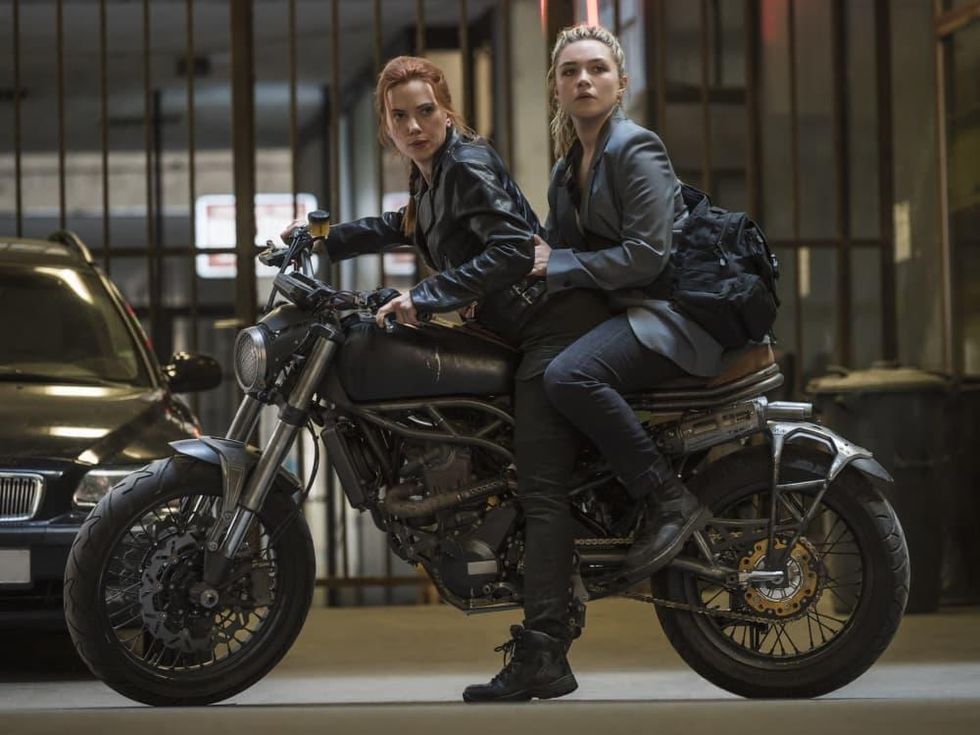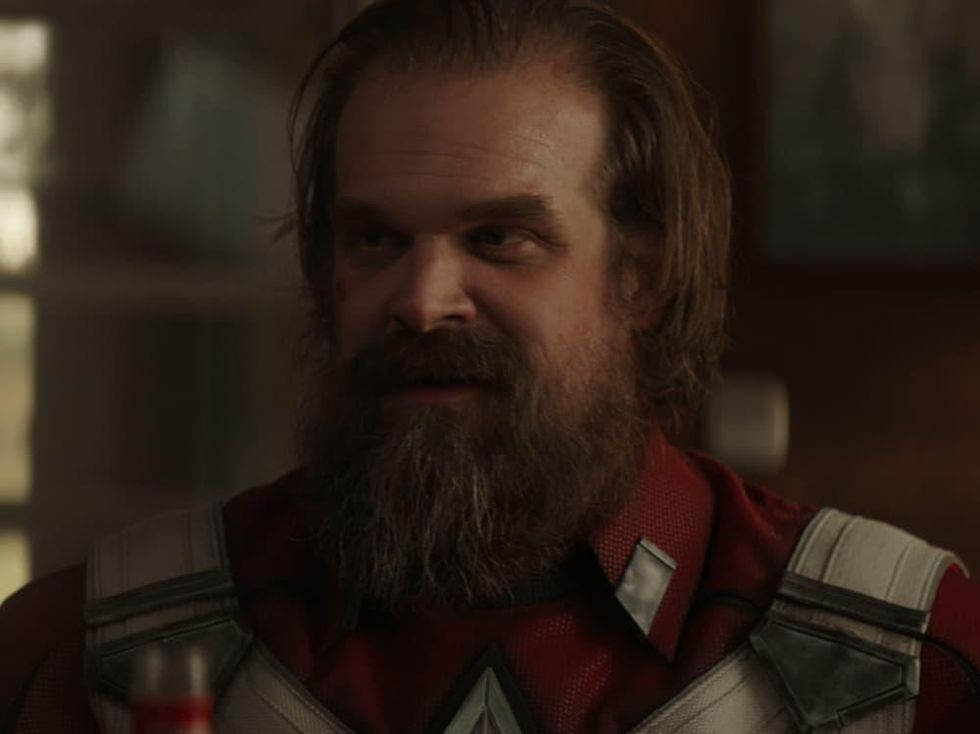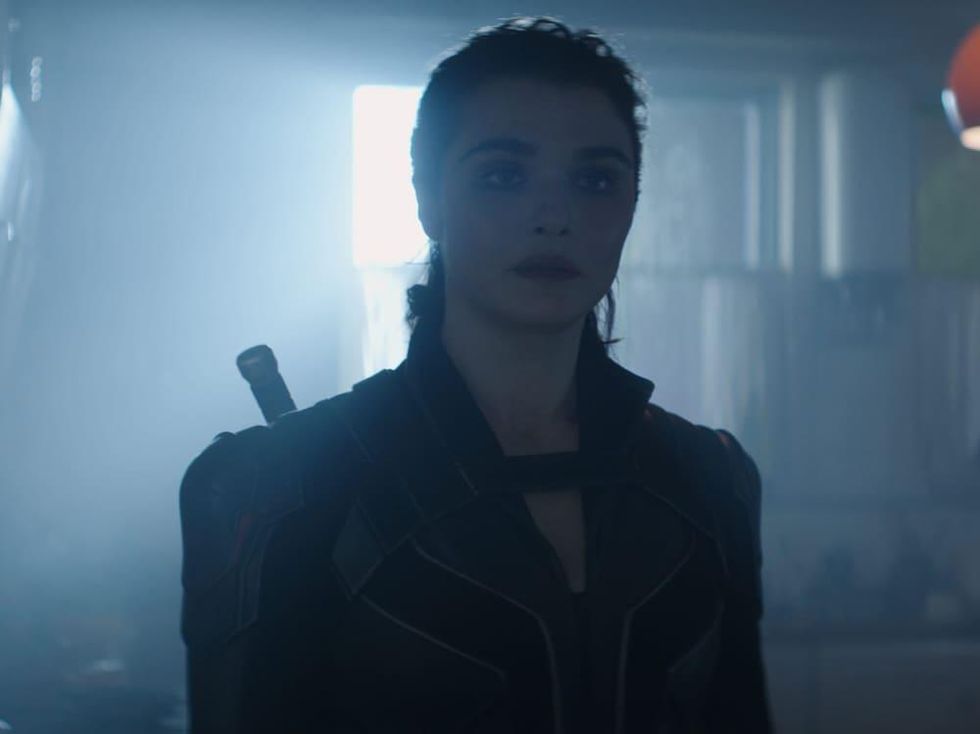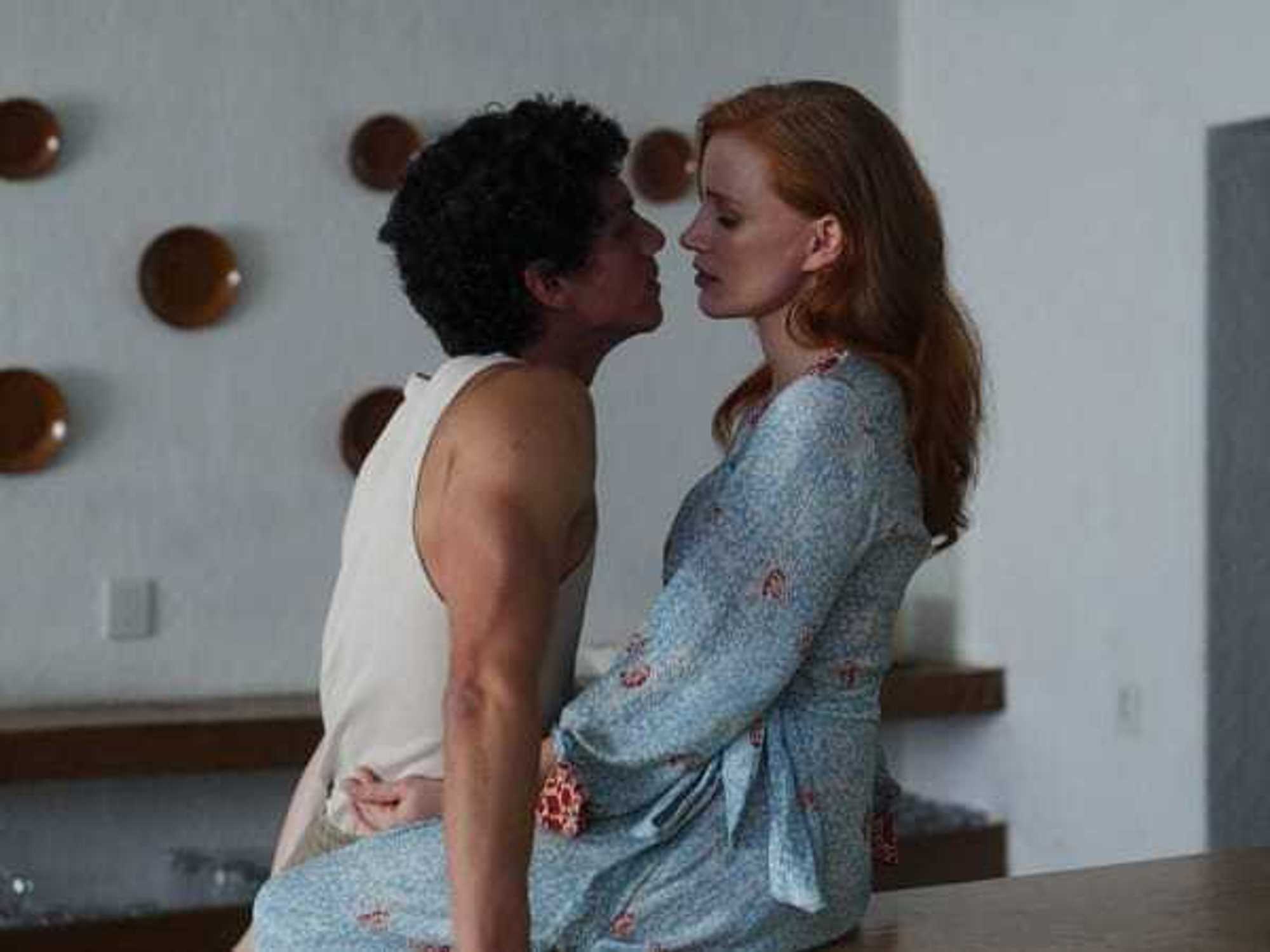Movie Review
Black Widow is too little, too late for Scarlett Johansson's iconic Marvel character
The Marvel Cinematic Universe has gotten so vast and all-consuming that it’s easy to forget that it’s only existed for 13 years. In that relatively short period of time, they have released 23 movies, a clip of almost two per year, and it would have been more if the pandemic hadn’t halted most major film releases in 2020.
Now, a year later than planned, Marvel is finally releasing Black Widow, the long-awaited starring vehicle for Scarlett Johansson that, naturally, is coming after her character, Natasha Romanoff, was killed in Avengers: Endgame. The film goes back in time to the period between Captain America: Civil War and Avengers: Infinity War when Natasha and other Avengers had run afoul of authorities for violating the Sokovia Accords.
Essentially a fugitive, Natasha is able to find a way to reunite with Yelena Belova (Florence Pugh), with whom she was part of a Russian spy “family” in the 1990s. Their father figure, Alexei (David Harbour), is a super-soldier stuck in a Siberian jail. Their mother figure, Melina (Rachel Weisz), is still serving as a scientist for a top-secret Russian group called Red Room led by Dreykov (Ray Winstone) that controls a band of female mercenaries they call “Widows” through chemical implantations.
The film, directed by Cate Shortland and written by Eric Pearson, boasts plenty of your Marvel staples, including fast-paced hand-to-hand fighting, high-flying – sometimes literally – action scenes, and a good amount of jokey dialogue. With Natasha and Yelena being the two main characters, there’s also a major focus on the way women are being subjugated by the Russians and the ethics of their experimentation.
What’s unclear is what purpose the film serves at this point in the MCU. It feels weird to be rewinding to tell this particular story that could have been told at any point since Natasha was introduced in 2010’s Iron Man 2. While the film illuminates her backstory to a degree, it doesn’t give so much information that it fundamentally changes everything about the character. And, again, Natasha is dead in the current reality of the MCU, so telling her story now feels less like honoring her and more like an afterthought.
On a purely visual level, Black Widow is on par with the best of the Marvel movies. While much of the action is chaotic, it’s never incoherent, and the locations offer up some unique imagery that hasn’t been seen before in the MCU. Also, the film begins even further back in 1990s, and not only do they find nearly a dead ringer for Johansson to play the younger Natasha, but de-aging technology used to show Harbour and Weisz at earlier ages has gotten a lot better from previous uses in the MCU.
Johansson is as good as ever as Natasha, proving why she’s been as big a part of the Avengers as any of them all these years. Pugh, whose star has been rising exponentially in the past few years, is great casting for both her acting and action abilities. Harbour plays the comic relief part well, but Weisz never seems to fully connect with her character.
Those who have been clamoring for a Black Widow stand-alone movie for a long time have finally gotten their wish, but it all feels anti-climactic and underwhelming, especially since this will be the last time we see Natasha in action. It’s a solid enough movie on its own, but it would’ve worked even better if it had come when the character still had more to offer.
---
Black Widow opens in theaters and on Disney+ with Premier Access on July 9.




